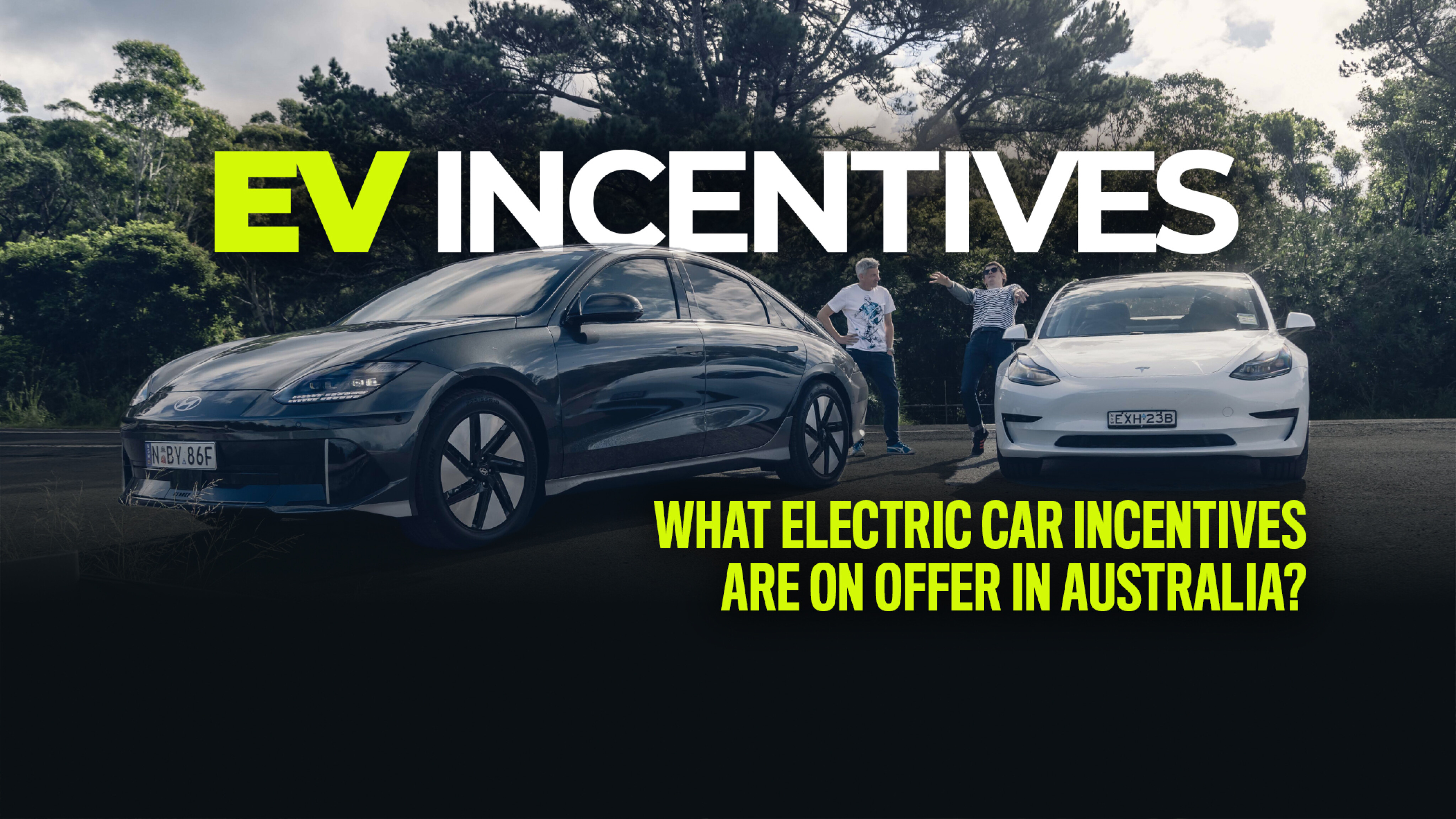
EV Guide: Australian electric vehicle incentives, state by state
If rising fuel prices have got you thinking your next car purchase might be an EV, this one's for you.
Find out what incentives are on offer in your part of the country, what the infrastructure is like (or will be in the years to come) and if that state or territory government has plans to bring in a road-user charge for EVs.
UPDATE: December 2023
New South Wales has announced it will cease rebates for EV purchases and stamp duty exemptions from January 1, 2024, while investing in more charging infrastructure.
Victoria's EV road-user tax was repealed by the High Court in October after it was found to be 'unconstitutional', with $7 million in refunds to be paid in the coming months.
South Australia's $3000 electric vehicle subsidy will end on January 1, 2024, for new purchases. Individuals and businesses who purchased an EV prior to this date and are awaiting delivery will still be eligible for the subsidy.
Tasmania has introduced 375 $2000 electric vehicle grants, while Western Australia has announced 'round two' of its EV infrastructure investment.
JUMP AHEAD
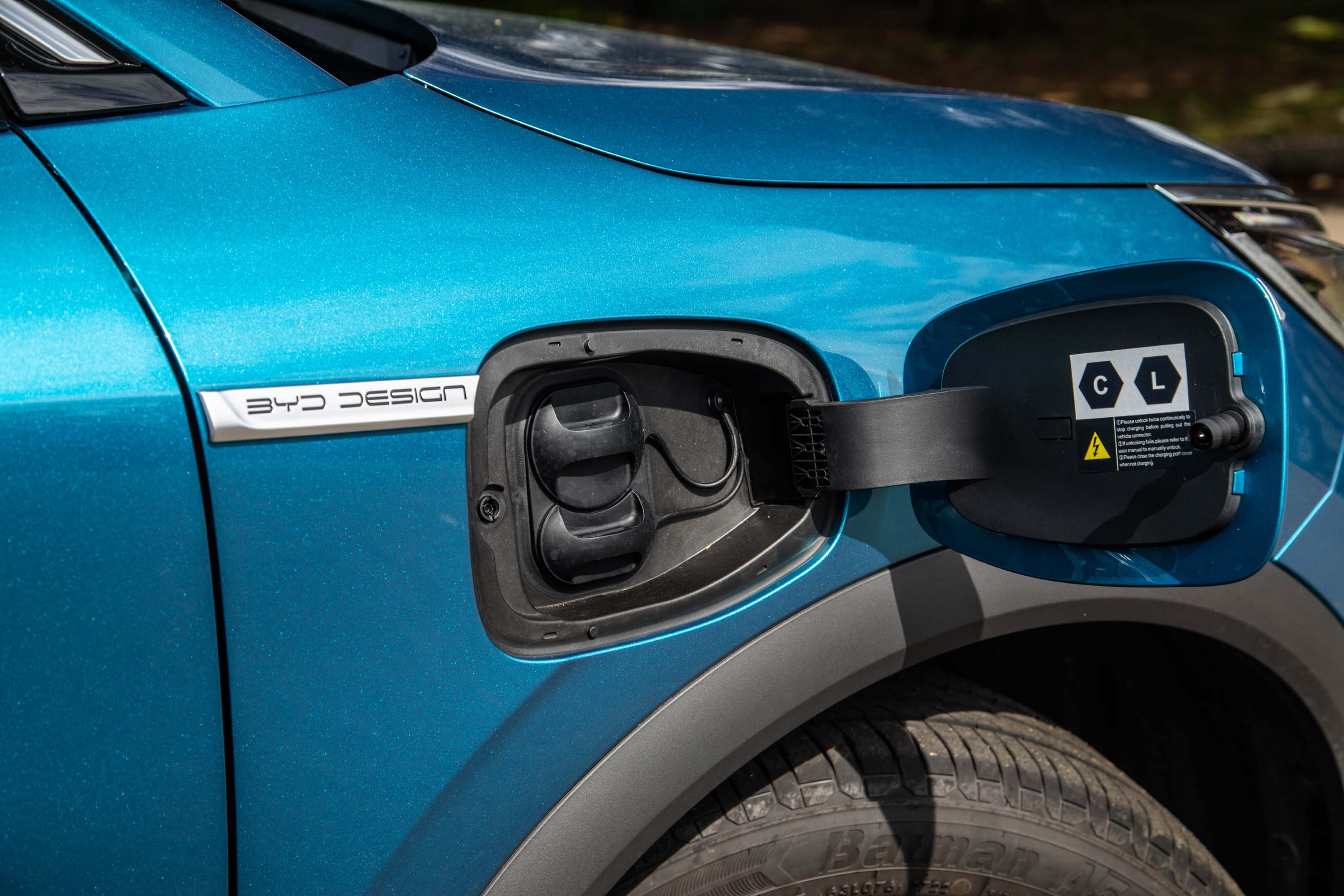
Federal
Incentives
- The Labor Government launched its first ever electric vehicle strategy in September 2022, and in November 2022, the Treasury Laws Amendment (Electric Car Discount) Bill passed through the Federal Parliament, which will provide up to $2000 off the purchase price of battery-electric and plug-in hybrid vehicles (PHEV), as well as Fringe Benefits Tax (FBT) exemptions for fleets and novated leases.
- The Government will apply the exemption retrospectively to eligible cars first used on or after July 1, 2022.
- PHEVs will initially be covered, but the offer will expire on April 1, 2025.
- Has committed to legislating 'fuel efficiency standards' later in 2023 to put a cap on the average CO2 exhaust emissions on all vehicles each carmaker sells.
- If the threshold is strict with heavy financial penalties for not complying, it will boost EV supply and competition in Australia in line with most developed countries overseas.
Tax
- The Luxury Car Tax threshold for low-emission vehicles has been raised to $89,332 for the 2023-24 financial year
- The FBT savings amount has grown to $9000 per annum for an employer, or $4700 for an individual with a salary sacrifice agreement for a $50K electric vehicle.
- Alongside the removal of the FBT, the five per cent import tariff for EVs priced under the LCT limit has been cut.
- Cutting import tariffs drops purchase prices by a further $2500, according to the documents.
Charging network
- Federal EV infrastructure funding is through the Future Fuels Fund, run by the Australian Renewable Energy Agency (ARENA). It included a first-round investment of $24.5 million to co-fund the rollout of 400 public fast-charging stations with the private sector.
- In the 2022/23 Budget, Labor announced a $500 million ‘Driving The Nation Fund’, which includes rolling out 117 EV charging stations and hydrogen refuelling stations for key freight routes.
- Rolling out region-linking EV charging network with the NRMA to fill blackspots in regional and remote Australia, with a fast charging station spread at least every 150 kilometres apart
Uptake goal
- Net-zero by 2050 and a 43 per cent reduction in CO2 levels by 2030 – now passed into law late 2022.
- To help bolster the second hand EV market, as well as cut CO2 outputs, the Government has pledged that 75 per cent of its fleet will be made up of battery EVs by 2025. Small businesses are being encouraged to decarbonise with a $62.6 million funding package, including for electrification of fleets.
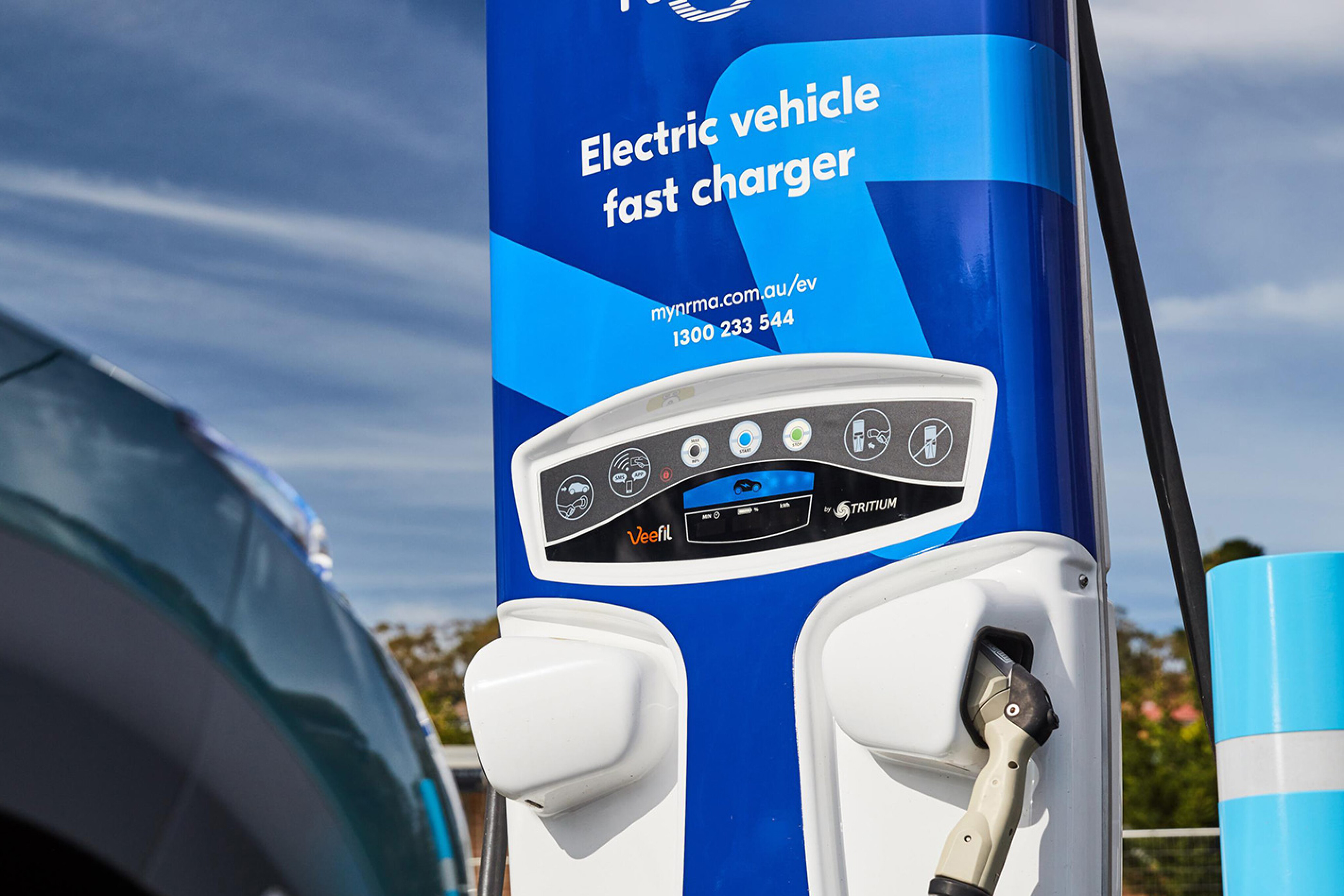
New South Wales
Incentives
- EV drivers can also use T2 and T3 transit lanes across NSW
- Registration fee discounts.
Tax
- EV tax to start from July 1, 2027 (or when EVs make up 30 per cent of all new vehicle sales) – 2.80c/km BEV or 2.24c/km PHEV as at the time of publication
- PHEVs will be charged a fixed 80 per cent proportion of the full road user charge to reflect the vehicle's fuel and electricity driving mix
- Victorian EV tax repealed by High Court likely to prevent New South Wales and Western Australia from introducing road-user charges for EV drivers.
Charging network
- $171 million investment in infrastructure, including; $131m on ultra-fast chargers
- Further $260 million investment in infrastructure for regional EV drivers, renters, apartment owners, and people who cannot access home charging
- $20m in grants for destination points and $20m for topping up at public transport hubs
- Working to deliver 20 fast chargers along the state’s major highways in partnership with NRMA.
Uptake goal
- 50 per cent of all new cars sold to be EVs by 2030
- Net-zero by 2050.
Click here for more on NSW's plans.
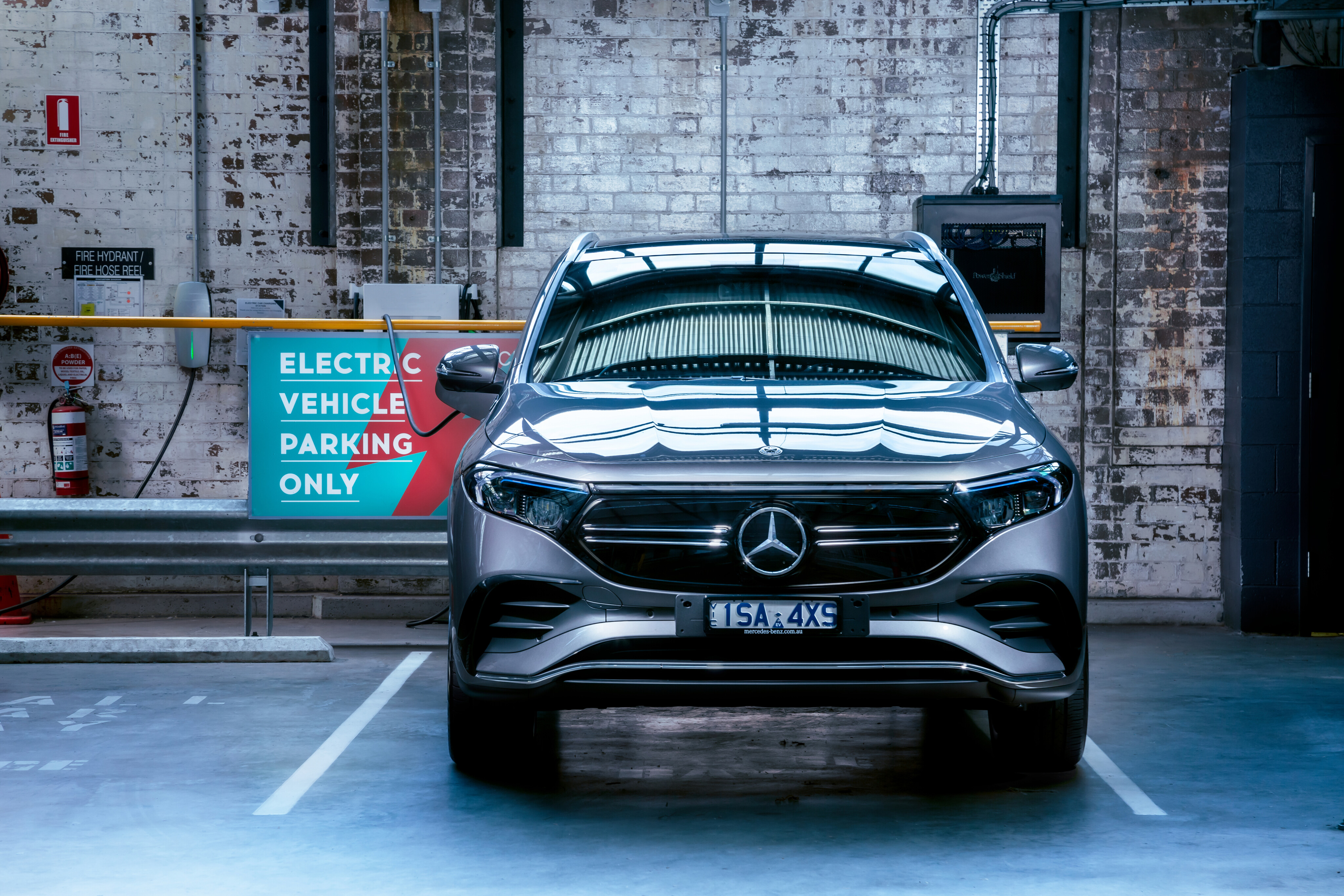
Victoria
Incentives
- $100 discount on vehicle registration annually
- Reduced stamp duty rates
Tax
- Electric vehicle tax ruled 'unconstitutional'
- $7 million in refunds to be paid in the coming months
- Road-user tax, applied between July 2021 and October 2023, charged EV and PHEV owners a fixed rate per kilometre travelled.
Charging network
- $19 million will fund plans to quadruple the number of new charging stations state-wide – focusing on regional Victoria and popular tourist sites
- $5 million Destination Charging Across Victoria Program will lead to the installation of an additional 141 fast-charging stations in homes.
Uptake goal
- 50 per cent of all new cars sold to be EVs by 2030 and 100 percent by 2040
- Net-zero by 2050
- $10 million to add 400 EVs to the Government’s fleet in the next two years.
Click here for more on Victoria's plans.
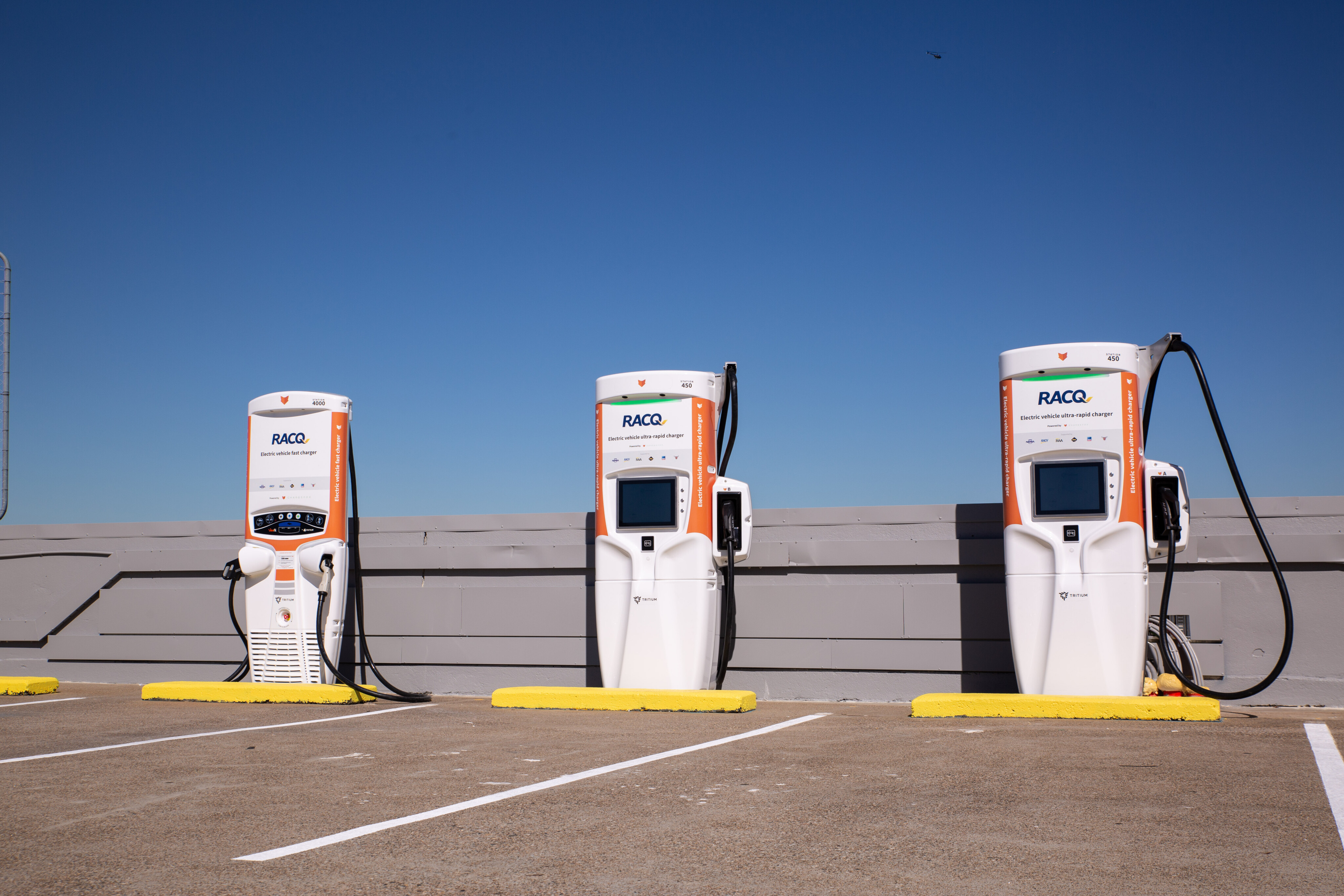
Queensland
Incentives
- For households earning less than $180,000 per year: $6000 rebate for new BEVs sold up to $68,000 RRP (excluding dealer delivery charge and options) from April 21, 2023
- For households earning more than $180,000 per year: $3000 rebate for eligible new BEVs sold priced up to $68,000 RRP (excluding dealer delivery charge and options)
- For owners who purchased an EV priced below $58,000 RRP and received the previous $3000 rebate between March 16, 2022 to April 20, 2023: Queenslanders can apply for a $3000 rebate adjustment re-assessment if their total household income is less than $180,000 per year (totalling $6000)
- Lowest car registration for BEVs – $284 a year
- Lower stamp duty rates than ICE cars.
Tax
- No plans at this time.
Charging network
- Queensland has invested in an ‘Electric Super Highway’, which is currently the longest electric fast-charging highway in the world (in a single state) with more than 60 sites running across the state slated to be online by 2025
- Eighteen new charging sites will be added to the Super Highway in phase 3 of the Government’s strategy, spreading into regional Queensland
- $10 million to build more charging stations.
Uptake goal
- 100 per cent of eligible Queensland Government fleet passenger vehicles to be zero-emissions by 2026
- 50 per cent of new passenger vehicle sales to be zero-emissions by 2030, moving to 100 per cent by 2036.
Click here for more on QLD's plans.
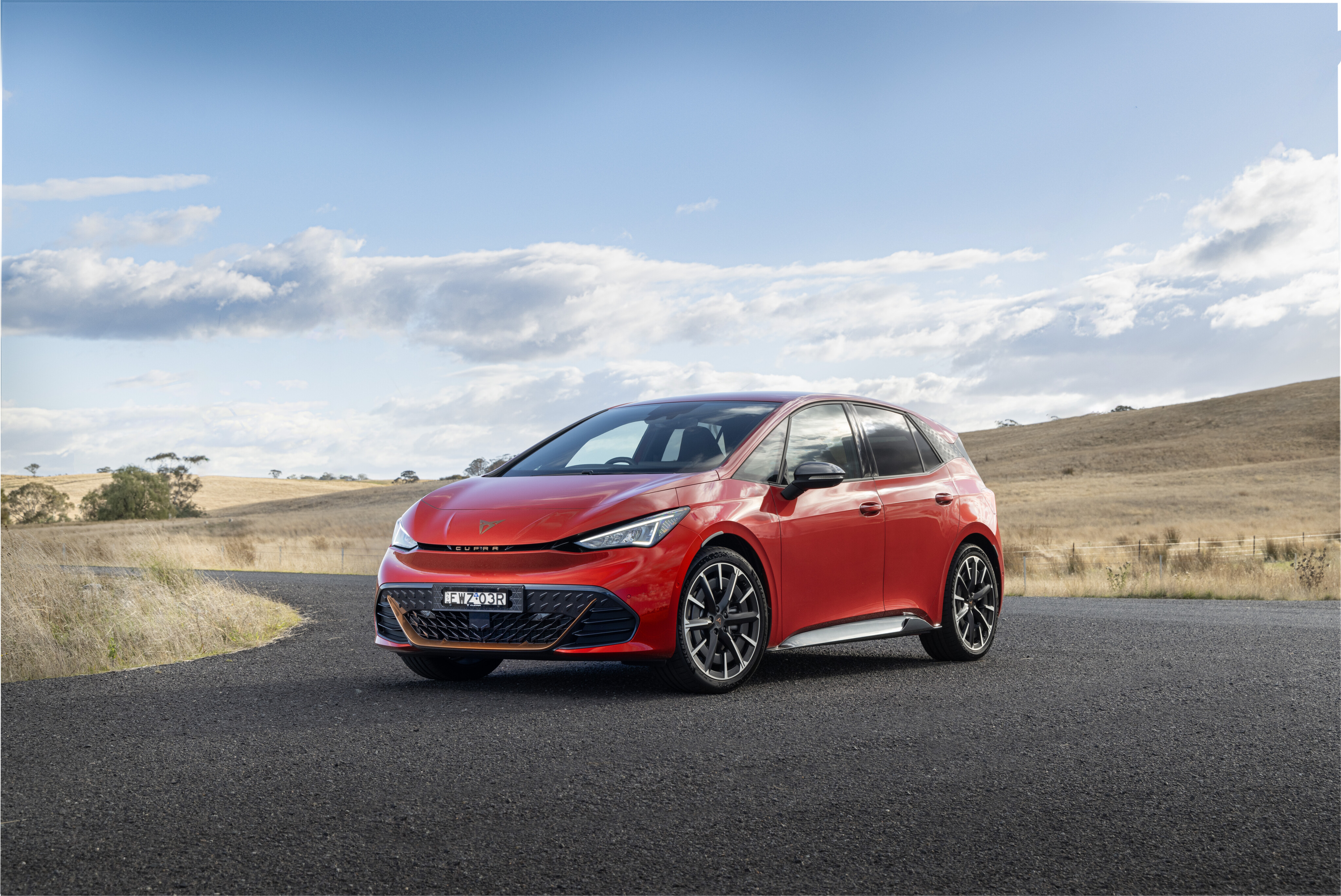
Australian Capital Territory
Incentives
- Two years’ free registration for BEVs and FCEVs as of May 24, 2021 until June 30, 2024
- Older EVs eligible for 20 per cent off rego fees
- Stamp duty may also be waived on vehicles purchased for the first time
- ACT drivers are also able to access up to $15,000 in interest-free loans to help cover the upfront purchase cost of an electric vehicle up to a cap of $77,565.
Tax
- None yet – Distance and/or congestion based charging for all vehicle types “may be considered in the medium term”.
Charging network
- Fifty more charging stations coming in the next 12 months (as of July 2022).
Uptake goal
- Ban on sale of new petrol and diesel-powered cars from 2035.
- Net-zero emissions (not just from cars) by 2045.
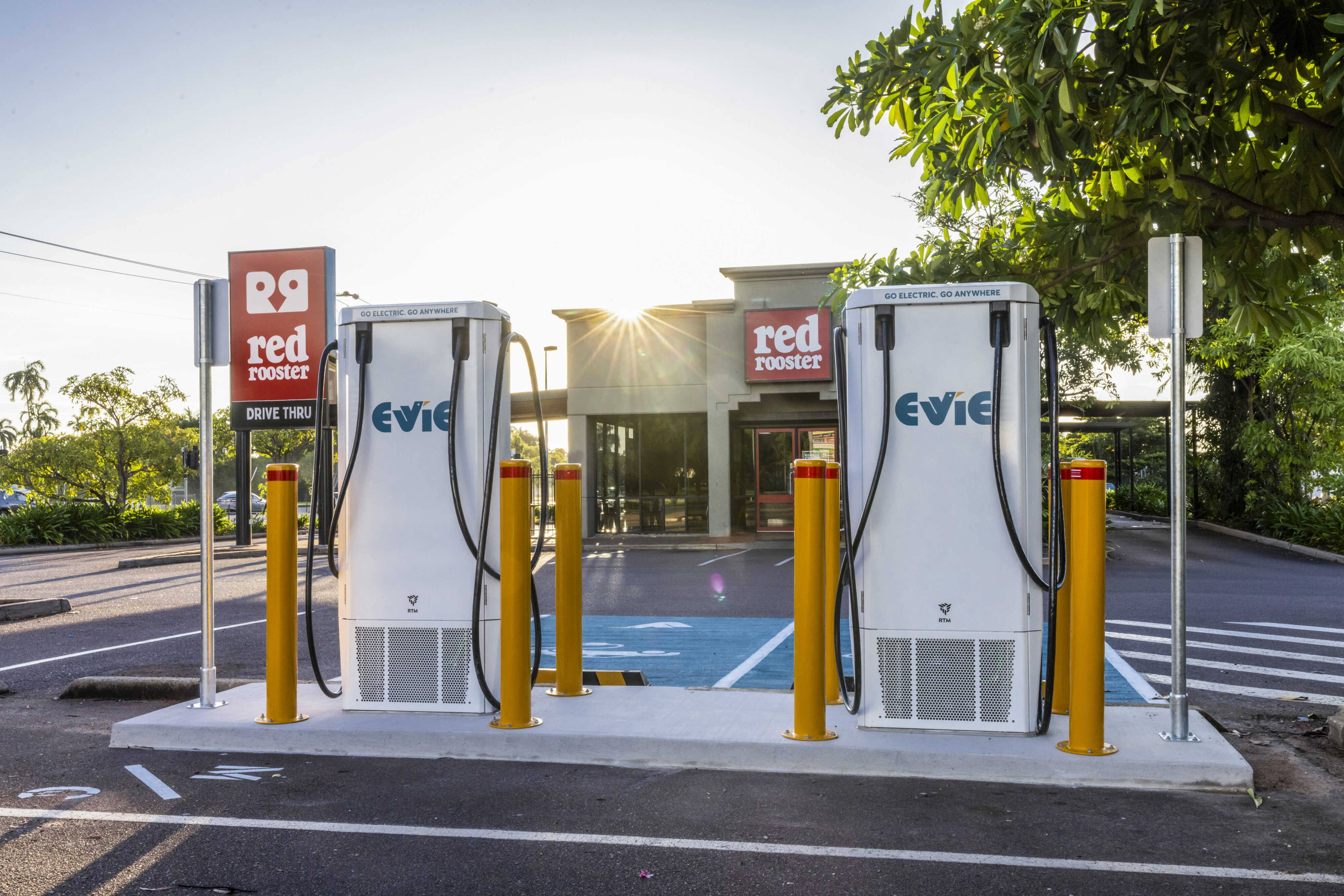
Northern Territory
Incentive
- BEVs and PHEVs to get cheaper rego and stamp duty from July 2022, the latter slashed by $1500
- Discounts to last five years
- Grants for home, workplace and public EV chargers, and opportunities offered to develop local skills to service technology and install infrastructure.
Tax
- None – No current proposal, although there could possibly be one in the long term.
Charging network
- Currently has more than 30 charging stations – with only two 50kW fast-charging locations by Evie Networks. The Territory Government plans to install a minimum of 400 charging points at its buildings
- From July 1, 2022, residential and business grants will be available to owners of EVs to buy and install EV chargers. This includes 100 residential grants of $1000 and 80 business grants of $2500, with a total of $300,000 being committed.
Uptake goal
- In February 2019 (the latest data the NT Government could provide) there were 35 EVs registered in the Northern Territory, including 33 light and two heavy vehicles, representing 0.02 per cent of the total Northern Territory vehicle fleet
- No date yet set for what percentage of vehicle should be EVs
- Government fleet to increase to 200 vehicles by 2030.
Click here for more on the NT's plans.
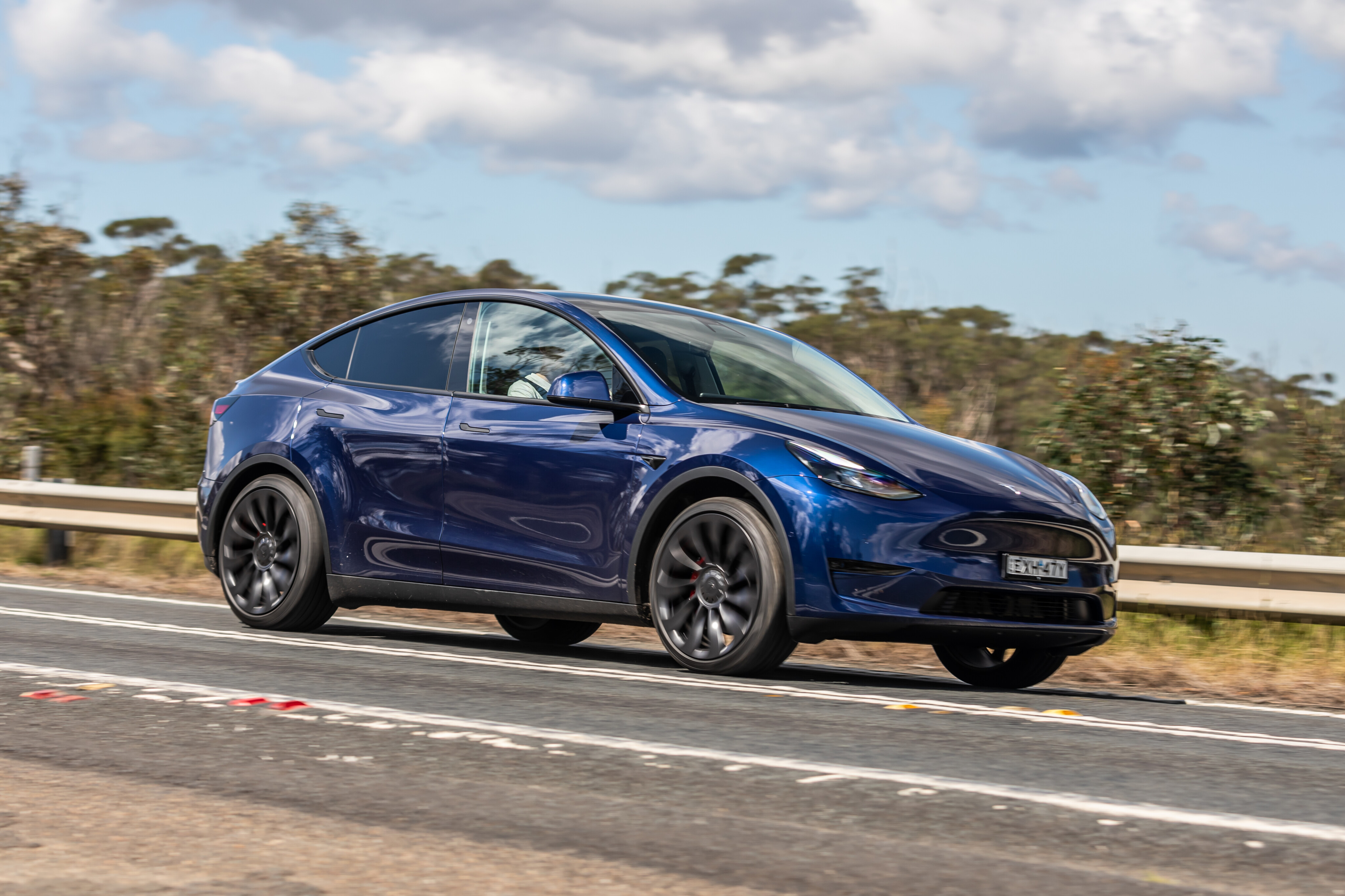
Tasmania
Incentives
- 375 rebates worth $2000 for new and second-hand electric vehicles that are newly registered in Tasmania
- Two years’ free rego on EVs purchased by car rental companies and coach operators.
Tax
- No plans at this time, but will monitor based on what’s happening in other states.
Charging network
- In 2018-2019 delivered more than $600,000 in grants to support the installation of 14 fast chargers, and 23 destination and workplace chargers across Tasmania
- In 2021, the second grants program allocated $773,000 for 20 fast charging stations and 23 destination chargers across regional areas and tourism hotspots.
Uptake goal
- 100 per cent of Government’s fleet to be electric by 2030.
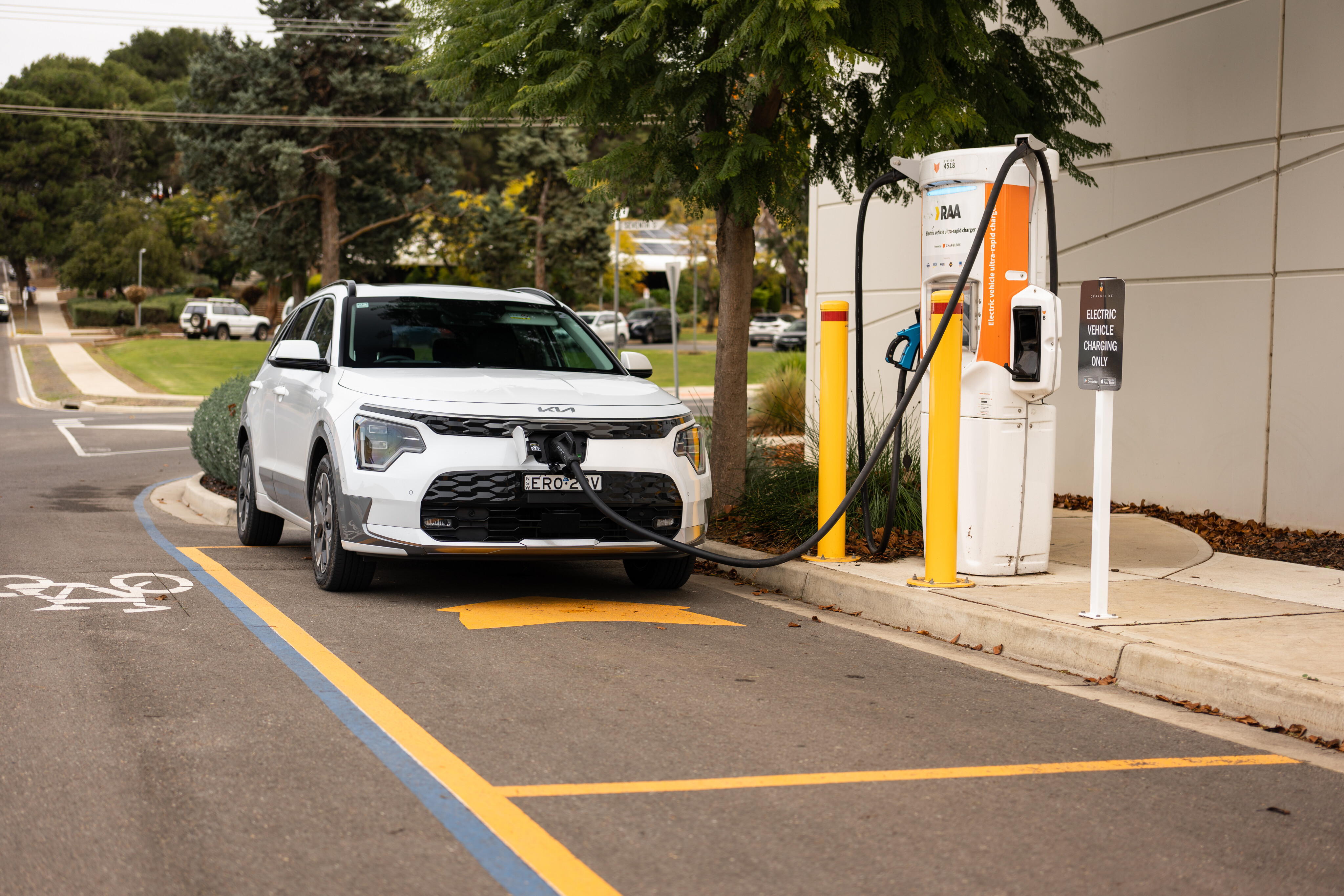
South Australia
Incentives
- Three years' free registration for vehicles first registered from October 28, 2021 up to June 30, 2025
- Up to $2000 to install EV smart chargers at home, but limited to 7500 households.
Tax
- EV tax initially pushed back from July 1, 2022 to July 1, 2027 or 30 per cent uptake (whichever comes first) – same as NSW – but was repealed by the State's Parliament in February 2023 due to public backlash
- Would have meant a 2c/km charge for plug-in hybrid vehicles, and 2.5c/km for any other electric vehicles
- Calculated and billed in arrears as part of the vehicle registration process and based on the distance travelled since the last renewal.
Charging network
- Investing $13.4million in its charging network – increasing points to 530 state-wide, most of which will have a 7kW capacity.
- RAA EV charging network to roll out more than 140 AC and DC sites by early 2024, facilitated by Chargefox
- Seventy-five per cent complete as of December 2023.
Uptake goal
- SA Government aims for EVs to be “common choice” by 2030 and the “default” by 2035
- Incorporating PHEVs into its own fleet as costs become more competitive, with a goal of its vehicles being fully electric by 2030.
Click here for more on SA's plans.
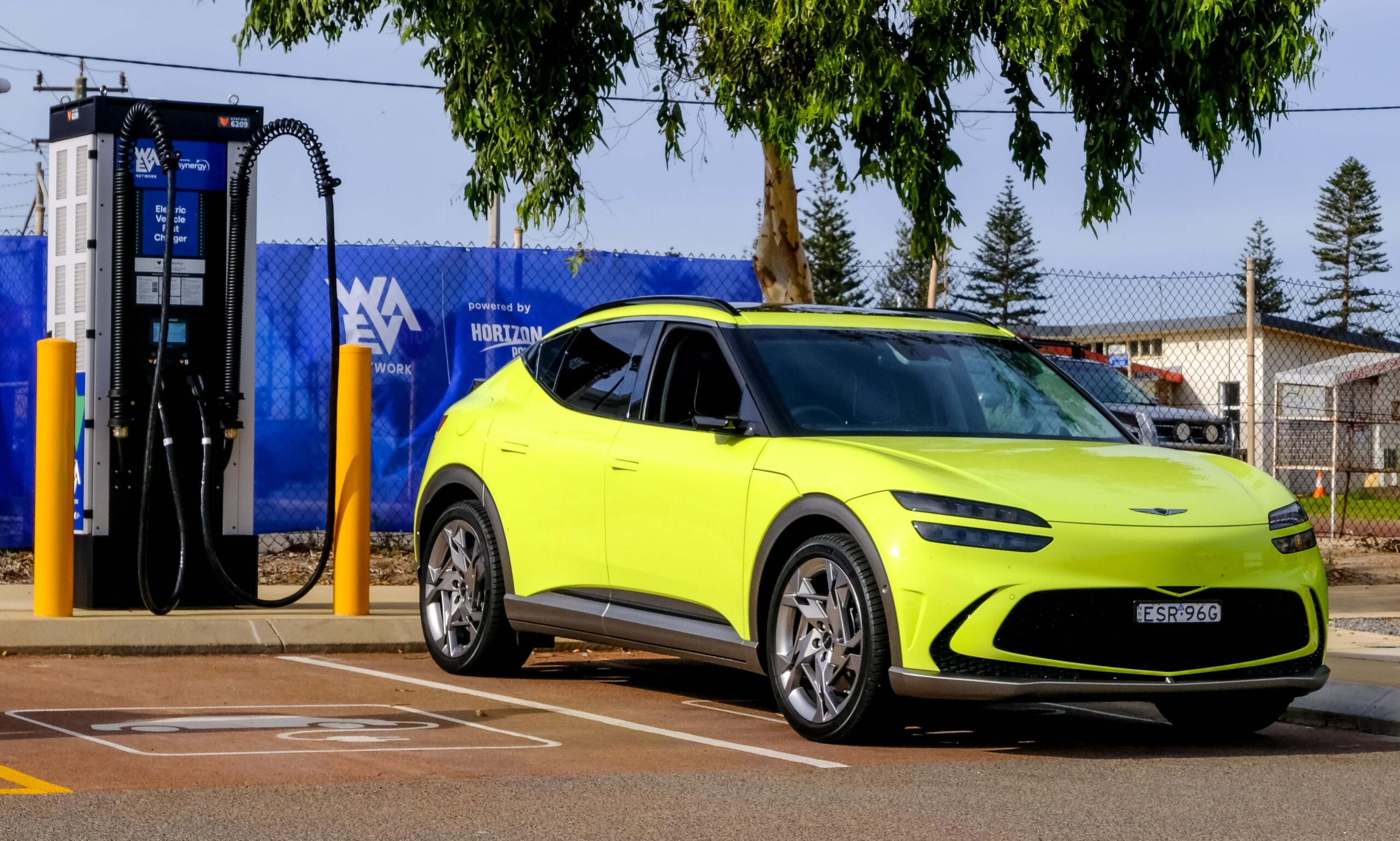
Western Australia
Incentives
- EVs exempt from 10 per cent on-demand transport levy
- Largest incentive offer in Australia – $3500 rebate for the first 10,000 Western Australians to buy an EV or FCEV from May 10, applying to vehicles under $70,000 before on-road costs, note the offer is on the RRP plus the delivery charge and optional extras.
Tax
- EV tax to start from July 1, 2027 – 2.5c/km for BEVs, 2c/km km for PHEVs
- Victorian EV tax repealed by High Court likely to prevent New South Wales and Western Australia from introducing road-user charges for EV drivers.
Charging network
- 235 charging stations of varying capacity ranging from <22kW to 350kW
- Plan to create Australia’s longest EV fast charging network adding 49 new locations, expected to be up and running by 2024
- $22.6 million will be put towards upgrading, expanding and improving WA's electric vehicle charging infrastructure
- This includes: $10m allocated towards supporting not-for-profit and small to medium-sized businesses with grants of up to half of the cost of installing charging infrastructure, $5m in grants for local government chargers; $4m for the Public Transport Authority to trial the installation of up to 20 charging bays at four train stations; and more than $2.9m for eight new points across four locations on a section of National Highway 1 between Norseman and Eucla
- Further $12.5 million 'round two' investment to expand EV infrastructure, including support for small and medium businesses, local councils, and not-for-profits to purchase and install chargers.
Uptake goal
- Twenty-five per cent of Government's fleet electric by 2025/26
- Net zero by 2050.
Click here for more on WA's plans.
More EV stories to help you choose the best car for your needs
🚘 EV news, reviews, advice & guides
- ❓ Short & sweet: Your EV questions answered
- ⚡ New EVs: Everything coming to Australia
- 🥇 Australia's EVs with the longest driving range
- ⚖️ Best-value EVs by driving range
- 💰 How much do EVs cost in Australia?
- 😰 How much more expensive are EVs?
- ⚖️ Number crunching: Is it time to switch to an EV?
- ♻ Should you buy a used EV?
- 🛡️ Are EVs more expensive to insure?
- 🆚 Costs compared: Charging an EV vs fueling a car
- 📖 EV charging guide
- 🚧 Are there enough EV chargers in Oz?
- 👨🔧 EV servicing explained
- 🔋 EV battery types explained
- 🪫 When do EV batteries need replacing?
- 🆚 Hydrogen v EVs: What's best for Oz?
- 🌏 How sustainable are EVs, really?

COMMENTS